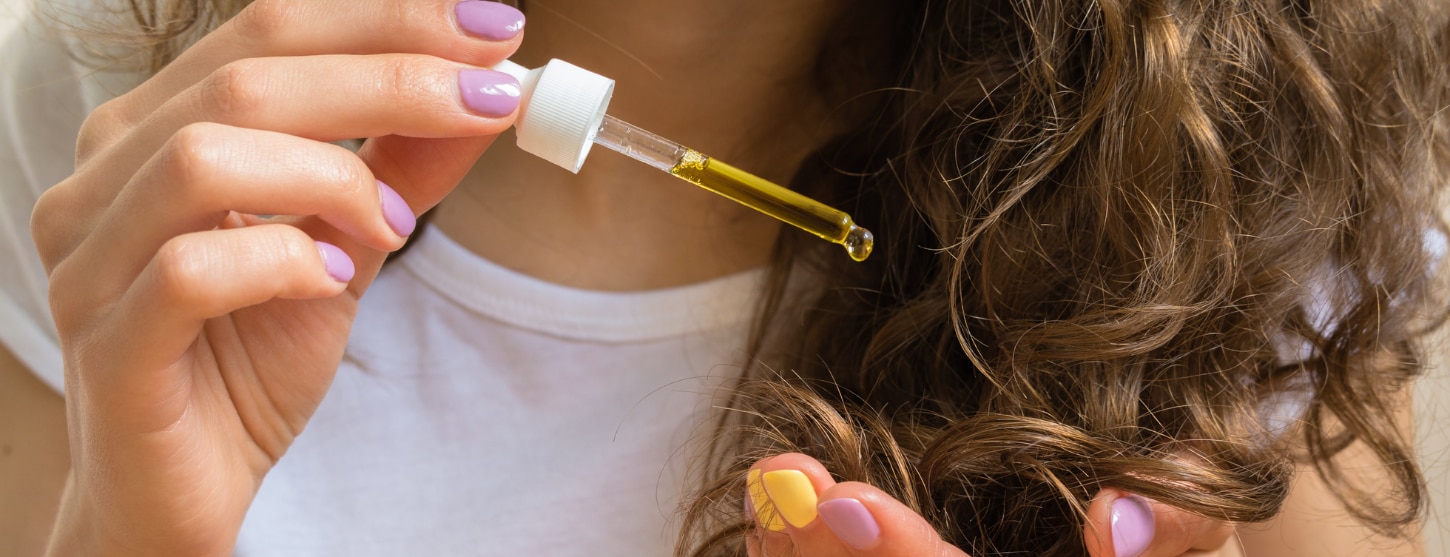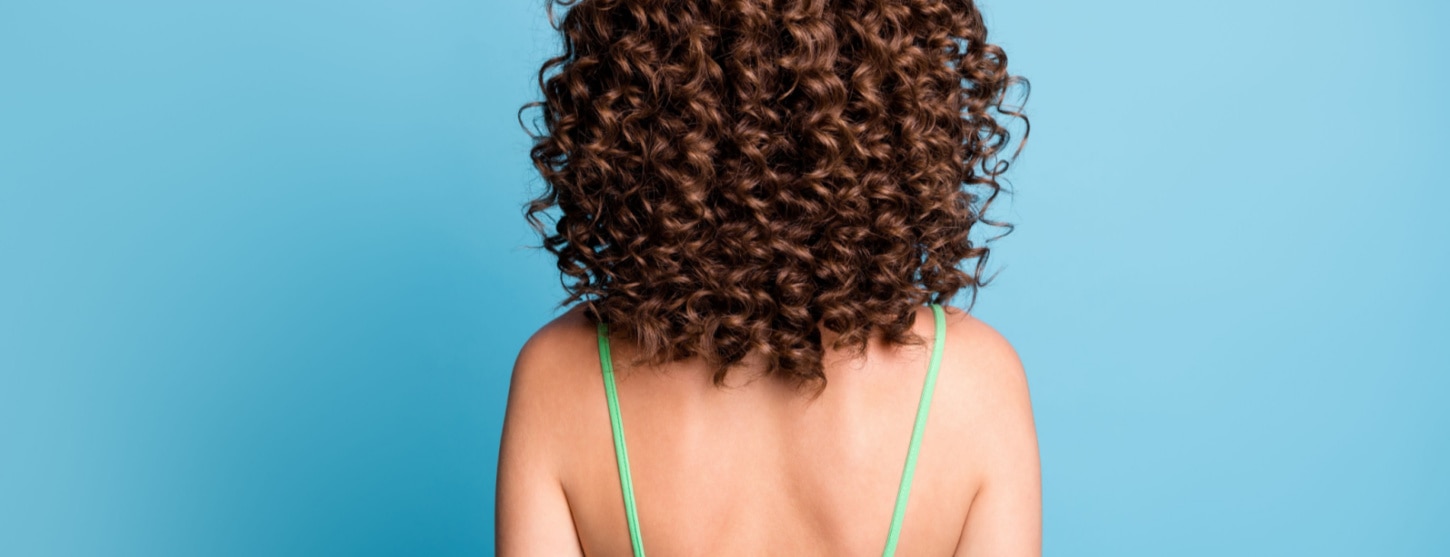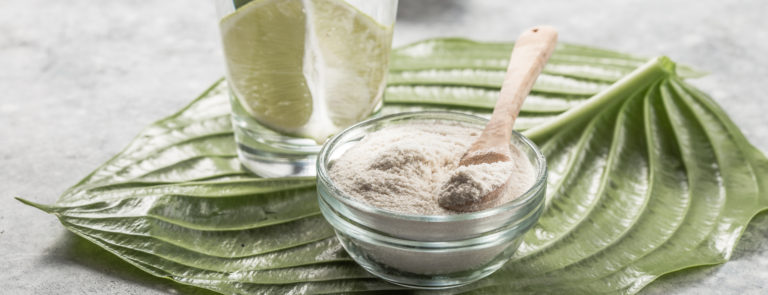10% off £35
Code:SAVE
Herbal remedies to deal with adult acne

We share the best herbal treatments for adult acne including from aloe vera to fish oil supplements. We also look into what acne is and common causes.
Summary
1What is acne?
Acne is essentially caused by the hair follicles in the skin becoming blocked.
2What causes adult acne?
Acne can be hereditary, and if one or both of your parents had adult acne, then you are more likely to get it too.
3Best acne treatment: how do you get rid of adult
Contrary to popular opinion, adult acne is not caused by poor hygiene or a bad diet. There are a number of hero ingredients to look for treatments.
Acne is something which is typically thought of as a teenage problem, but it can occur in later life too.
There are many reasons for this, and adult acne sufferers go through the same knocks to their confidence as anyone else. It is extremely common, and it is estimated that acne can affect 85% of people at some point.1
Acne is very difficult to hide, and it can make you feel self-conscious, particularly in later life.
It can be frustrating to suddenly experience this in adulthood as it can be unexpected.
Adult acne can be very similar to teenage acne but there are a few factors that make it unique.
What is acne?
Acne is essentially caused by the hair follicles in the skin becoming blocked.
The sebaceous glands beneath the surface of the skin are attached to these follicles in order to lubricate the hair and skin with the sebum they produce.
Acne occurs when these glands produce too much sebum which mixes with dead skin cells and they plug the follicle.
This makes the follicle bulge outwards, creating a whitehead. Or it can be open to the skin, creating a blackhead.
These plugged follicles can then become infected by the bacteria that lives on the skin, which leads to papules, pustules, nodules or cysts.2
There are other contributing factors to acne, including certain medications, smoking or regularly wearing items such as headbands, that place pressure on an area of skin.
What causes adult acne?
Adult acne tends to occur after the age of 25.3
Acne can be hereditary, and if one or both of your parents had adult acne, then you are more likely to get it too.
Women are more likely to have adult acne than men as it can be caused by the changes in hormones that women go through during their periods, pregnancy and polycystic ovary syndrome.
Best acne treatment: how do you get rid of adult acne?
Contrary to popular opinion, adult acne is not caused by poor hygiene or a bad diet.
You should also resist the urge to squeeze your spots, as this can make your symptoms worse, increase the risk of infection and can potentially leave you with scarring.4
You can help your skin by making sure you never go to bed with make-up on as well as wearing a high factor sunscreen.5
Whilst it can be tempting to buy every product on the market to get rid of your spots, you do run the risk of overloading your skin. So a gentler approach is sometimes more effective.
There are a number of hero ingredients to look for in any acne treatment.
Tea tree oil is known for its ability to fight bacteria and reduce irritation, so it can help to soothe whilst avoiding drying and irritating the skin in a way that many harsher products can.6
Apple cider vinegar is another great fighter of bacteria, and it can also help to suppress the irritation that leads to scarring. It can also help to dry up the excess oil that causes acne.7
It is also well-known that salicylic acid is extremely effective in treating spots, and aloe vera has this naturally occurring within it, making it an excellent remedy for acne.8
There are also supplements that you can take to support your body’s response to acne. Fish oil supplements contain ingredients which help to manage oil production and maintain hydration whilst zinc supplements help cell growth, hormone production and immune function.9
The final say
You should treat acne-prone skin gently and whilst it is recommended that you should exfoliate, you should make sure that you do it with care.
Exfoliation will remove the top layer of dead skin cells to reduce the clogging of the pores and to allow other products to penetrate the skin better.
Acne is something that many people suffer from, but if you experience any additional symptoms, you should speak to your GP.
You might also like to read more on our Health Hub in articles such as ‘How to beat adult acne.’
Last updated: 2 April 2021
- https://www.healthline.com/nutrition/13-acne-remedies
- https://www.nhs.uk/conditions/acne/causes/
- https://www.health.harvard.edu/blog/adult-acne-understanding-underlying-causes-and-banishing-breakouts-2019092117816/
- https://www.hopkinsmedicine.org/health/wellness-and-prevention/got-adult-acne-get-answers-from-an-expert
- https://www.everydayhealth.com/skin-beauty/acne/10-surprising-causes-acne-adults/
- https://www.womenshealthmag.com/beauty/a26000811/how-to-use-tea-tree-oil-for-acne/
- https://www.verywellhealth.com/does-apple-cider-vinegar-clear-acne-15730
- https://www.womenshealthmag.com/beauty/a21731963/aloe-vera-for-acne/
- https://www.ncbi.nlm.nih.gov/pmc/articles/PMC3543297/
Related Articles
Shop by wellness goal
Sign up for exclusive offers
Plus, get expert advice to support your health & wellness straight to your inbox when you sign up to Holland & Barrett emails.
Read our
privacy policy














